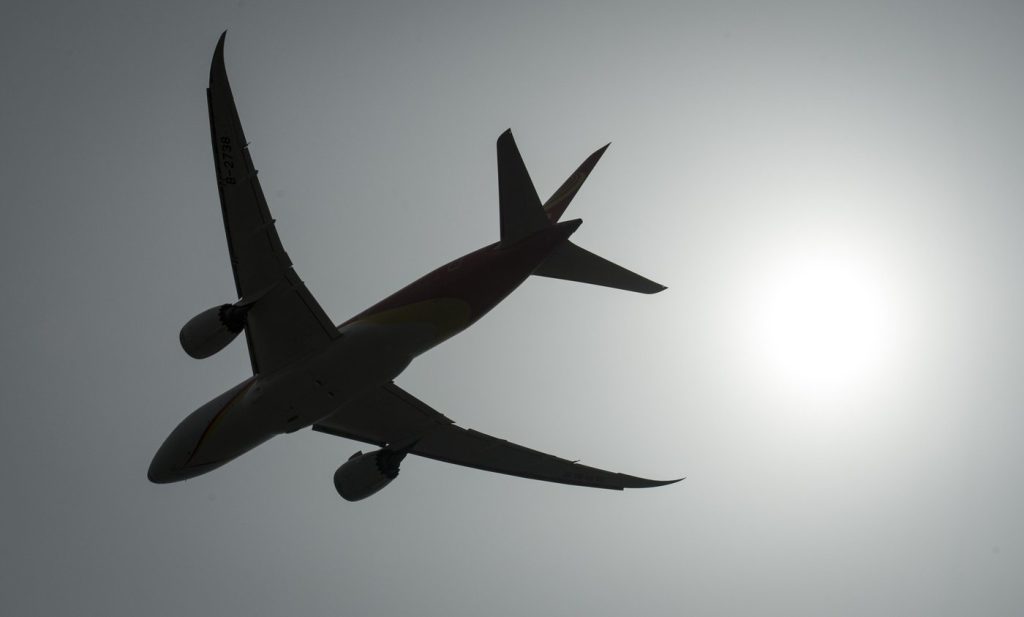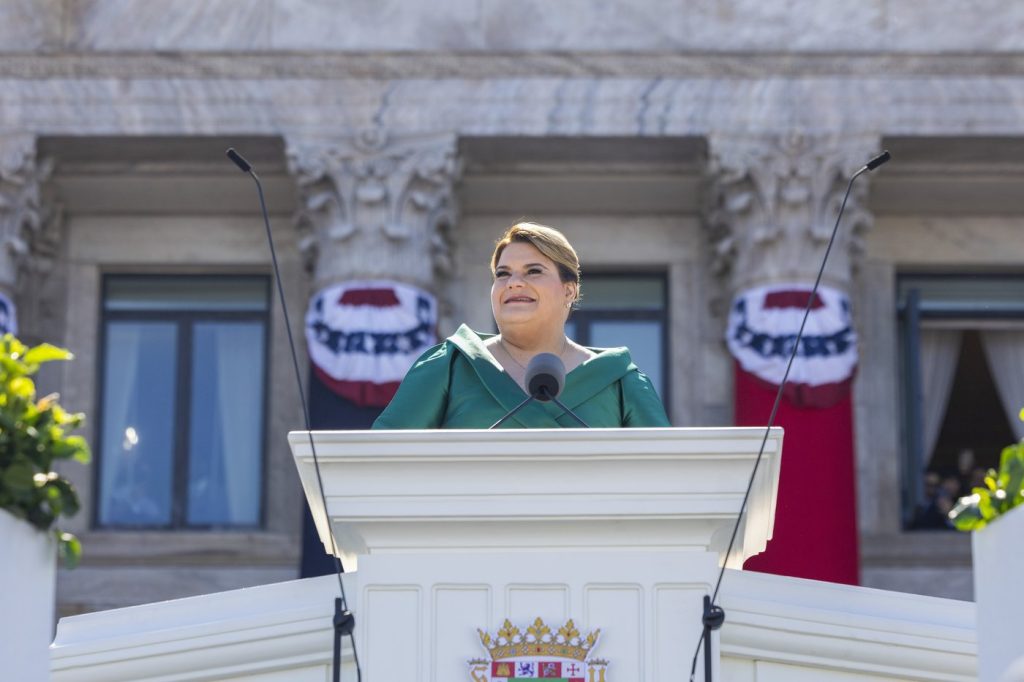The Royal Canadian Mounted Police (RCMP) has announced stringent air restrictions in two primary areas during the G7 Leaders' Summit scheduled to take place in Alberta from June 15 to June 17, 2025. These restrictions aim to prevent unwanted drones and aircraft from entering the airspace around key locations where the summit will be held.
Sgt. Mark Basanta from RCMP Protective Operations conveyed that the designated no-fly zones will encompass both Calgary International Airport and Kananaskis Village, where the leaders will convene. The no-fly radius will extend 30 nautical miles (approximately 56 kilometers) from Kananaskis Village and 20 nautical miles (around 37 kilometers) from the airport.
The air restrictions will commence at 6 a.m. on June 14 and remain enforced until 11:59 p.m. on June 17. Basanta stated that unauthorized aircraft and drones entering these restricted zones will be intercepted by RCMP or Canadian Forces aircraft, with a warning that such aircraft could potentially be shot down as a last resort. "Shooting is an extreme measure, but we do have the capability to take them down," Basanta explained during a briefing at the Springfield airport on Calgary’s western edge.
In order to mitigate risks associated with unauthorized air traffic, Basanta mentioned that there will be communication broadcasts on the appropriate frequencies advising those approaching the no-fly zones to change their headings. If they do not comply, they can expect to be intercepted by Canadian Armed Forces, including F-18 fighter jets conducting combat air patrols. Basanta expressed hope that this presence alone would serve as an effective deterrent.
The G7 summit will see the attendance of leaders from major countries such as the United States, France, Germany, Japan, the United Kingdom, and Italy, in addition to representatives from the European Union. With a large number of drone enthusiasts in Canada, Basanta articulated his primary concern regarding the potential hazards posed by drones during the high-profile event. To address these risks, a specialized counter-drone team will be deployed in the Kananaskis region.
Despite the popularity of drones among hobbyists, Basanta underscored the serious dangers they represent, particularly the risk of drones colliding with aircraft. He referenced a previous incident from January, where a California man faced charges after his drone struck a Quebec water bomber fighting a fire in Los Angeles, causing significant damage to the aircraft.
It is important to note that these air restrictions will not disrupt regularly scheduled commercial flights operating from Calgary International Airport. The RCMP aims to ensure a secure environment for the G7 leaders while safeguarding the airspace during the event.












